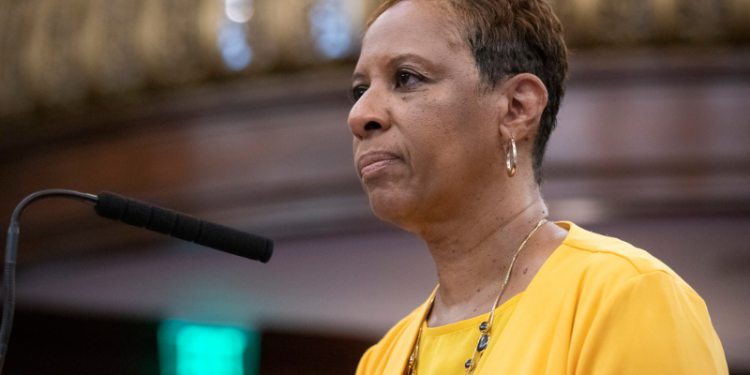The New York City Council voted 49-1 on Wednesday, November 13th, to establish its own Charter Revision Commission in response to Mayor Eric Adams’ successful ballot initiatives that increased his office’s power. The move follows the passage of four out of five mayor-backed charter proposals during the November elections, which critics have called a consolidation of executive authority.
Mayor Adams’ ballot initiatives, developed by his Charter Revision Commission, included measures granting his budget office authority to assess the financial implications of City Council legislation and requiring 30-day notices for public safety-related votes. While the mayor hailed these changes as promoting fiscal responsibility and public safety, Council Speaker Adrienne Adams criticized them as a “dangerous power grab.” The speaker has vowed to counterbalance the mayor’s growing influence.
The City Council’s newly established commission aims to enhance government transparency and accountability. It includes members appointed by various city officials, such as the public advocate, comptroller, and borough presidents. The commission is tasked with reviewing submissions and proposing revisions to the city charter ahead of the 2025 and 2026 general elections. Speaker Adams stated the commission would prioritize preserving checks and balances.
Tensions between Mayor Adams and the City Council have escalated throughout the year. The mayor’s initial opposition to a council proposal granting greater oversight of mayoral appointments set the stage for this political clash. Critics argue that the mayor’s charter changes diminish the Council’s ability to legislate effectively and limit public input on critical decisions.
Despite Mayor Adams’ victory, opponents emphasize that the ballot measures passed with narrow margins. Progressive groups and council members, such as Shahana Hanif, campaigned against the proposals, warning of the potential erosion of democratic governance. Speaker Adams dismissed the mayor’s claims of voter support as misleading, citing insufficient public understanding of the initiatives.
As the power struggle intensifies, the Council’s commission represents an effort to reclaim legislative authority and restore balance in city governance. Both sides have signaled a readiness to fight for their vision of New York’s political future, with significant implications for the city’s administrative framework.










